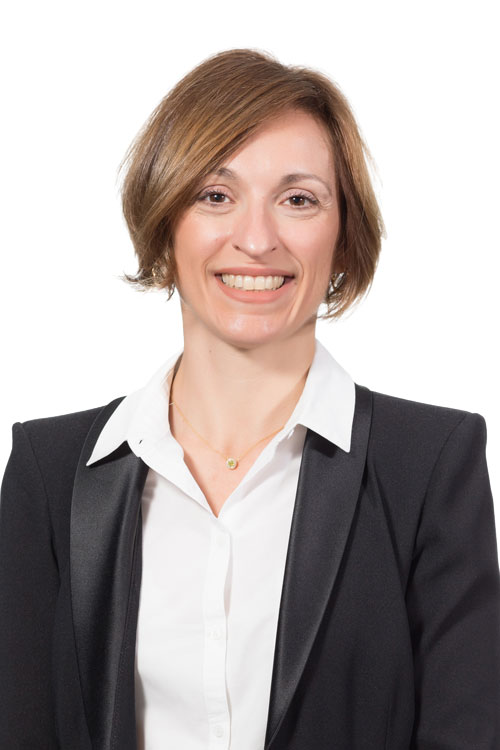Why we need more women in leadership positions
Audray Souche is the country managing director of DFDL Thailand. She has worked in Asia since 2004, becoming a partner in 2014. “I was the only female partner at the firm out of 12, and frankly, being the only female partner was not making any real difference at the time,” she says. “Things started to progress positively later on, and we started to see a lot of positive changes happening. We now have a lot of regional and country female partners across our jurisdictions.”
For the past two years, Souche has sat on the firm’s board of management as one of its four directors. “My voice has become more distinguishable,” she says. “It’s a matter of proportion. I believe if you are here simply being one among many, as a token representative, it’s pointless. However, if you actually represent 20-25%, you have real agency to change a firm’s or company’s culture. It’s not merely about what is visible, but the actual part you have to play in the decision-making process.”

Partner and Thailand managing director
DFDL, Bangkok
Souche believes women bring a different dimension to negotiations, governance and leadership. In terms of promoting lawyers, for example, she will “highlight fairness rather than just focusing on a quantitative assessment”, by analyzing a candidate’s history and all-round performance. “Men have a natural bias towards making assessments in financial or statistical terms. Women can add value by accounting for other important factors beyond purely financial metrics.
“I’m sometimes surprised by the way I’m listened to, and it’s not because I’m a woman, but perhaps because I’m presenting issues in a different manner,” says Souche. “That’s what I’m leveraging as the first woman in this position. It’s really about diversity. New approaches don’t necessarily take hold simply because you’re a woman. For instance, I have a political science background, so I am sensitive to geopolitics and intercultural matters. It’s who you are and the perspectives you bring to bear more than just your gender.”
For Souche, gender has never been a major challenge to overcome despite working in the male-dominated energy sector. “I’m a woman, but before that, I’m a foreigner,” she says. “It’s really secondary. It’s almost like being gender neutral, where being a foreigner prevails over my identity as a woman.” Souche is accustomed to attending meetings where men are in the majority. “Visually you feel the male prevalence because the power sector has historically been male-dominated. Nonetheless, this is changing and women are increasingly becoming more active in the energy sector in Thailand and Singapore.”
Souche has worked tirelessly to create an open dialogue to ensure that young women in her firm feel supported in their roles. Coaching from mentors and seniors, she says, is crucial to guiding juniors in a world where they may often have to work late, travel alone, or stay overnight in provinces or remote areas where due diligence needs to be performed. “You have to ensure that they feel comfortable and constantly nurture their sense of confidence and autonomy,” she says.
She encourages young female lawyers to go beyond excellence in the core legal competencies and strive to enhance their business acumen. “Women often want to implement what they’ve learned at law school, but they must also develop a curiosity and awareness beyond precedents, legal texts and legal techniques,” she says.
“It’s about gaining a deeper knowledge of particular sectors and grappling with the commercial realities of these sectors on a local, regional and global level. Having the capacity to talk confidently and knowledgeably about business matters is an invaluable skill in winning over clients and becoming a trusted and counted-upon adviser.”
Senior women lawyers across Asia share personal stories of successes, struggles and strategies for a more inclusive legal profession. The following mosaic of personal stories identifies some of the nuances that typify women’s experiences in particular Asian jurisdictions, while also drawing on the wealth of shared experiences that bind them.



























